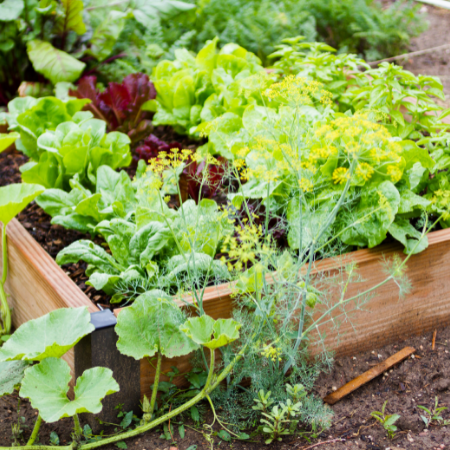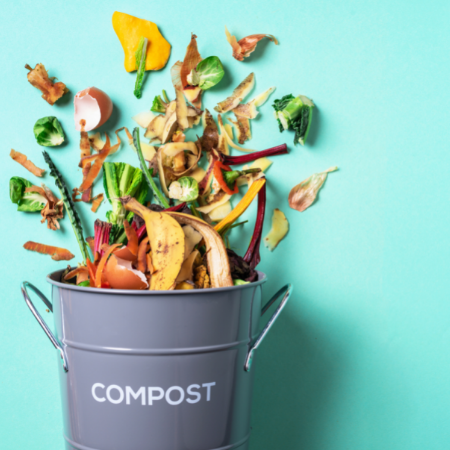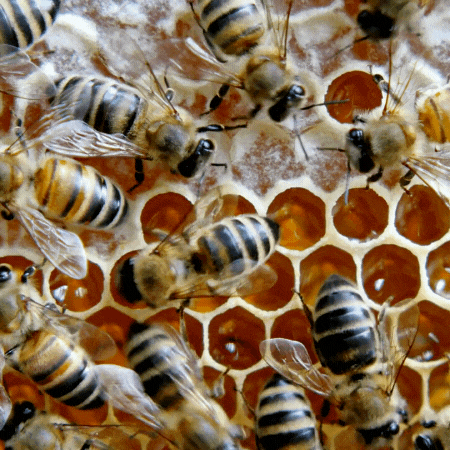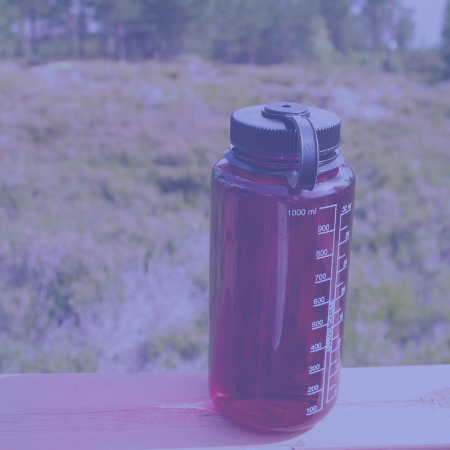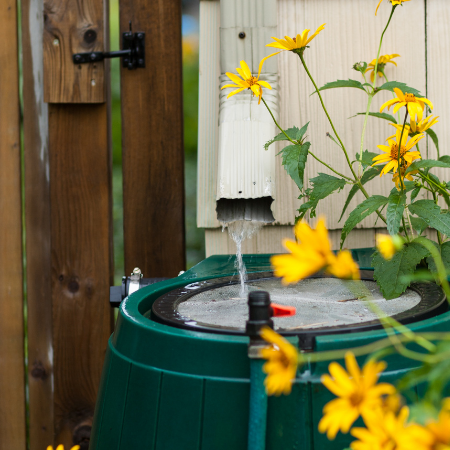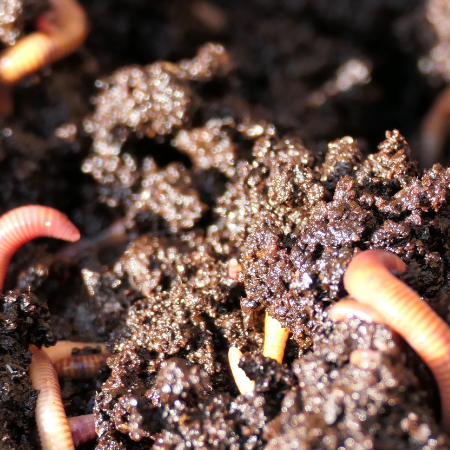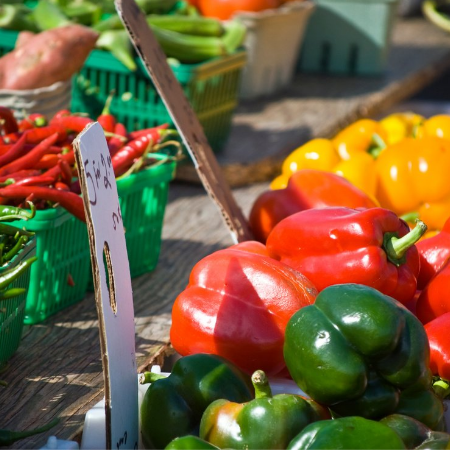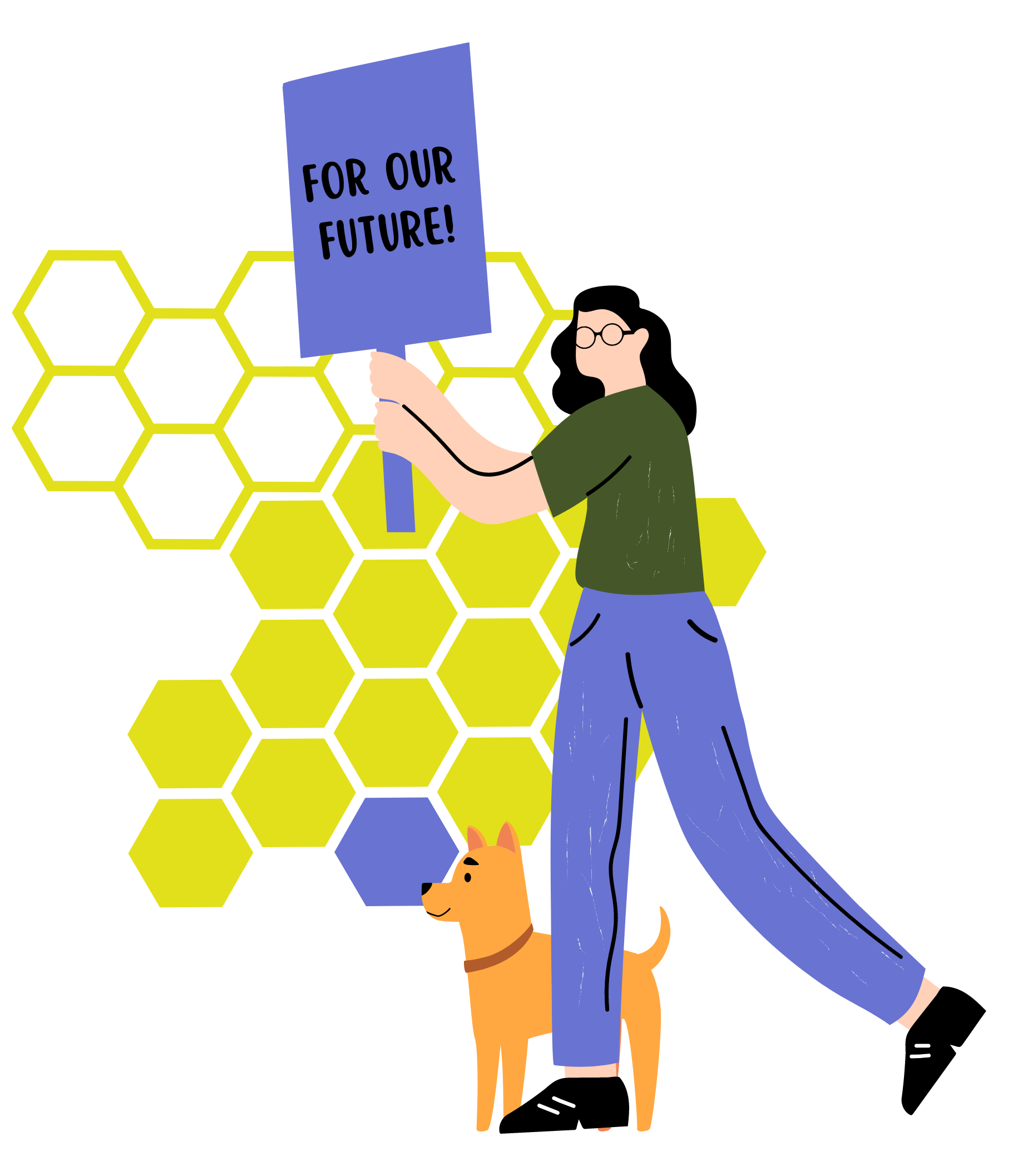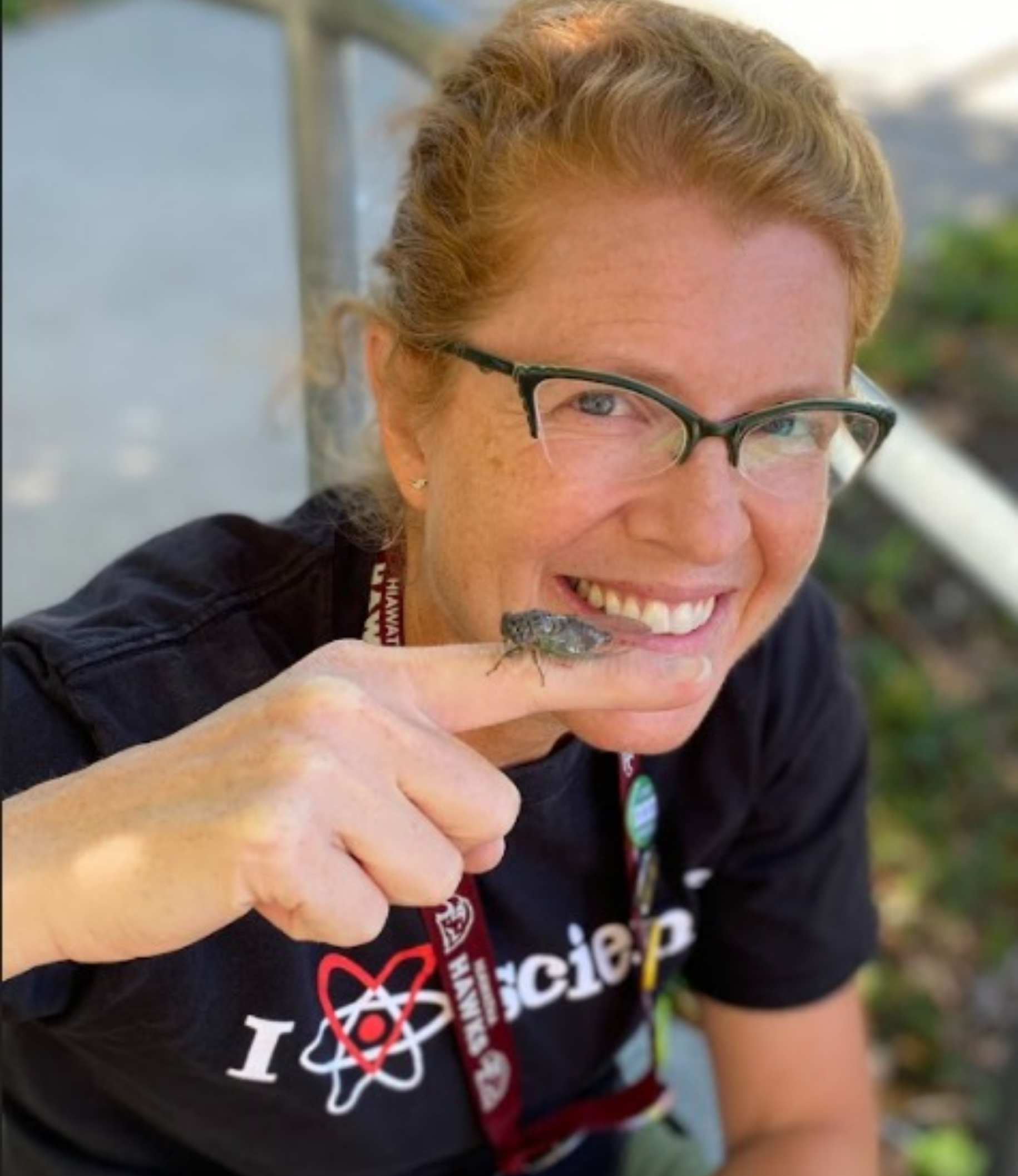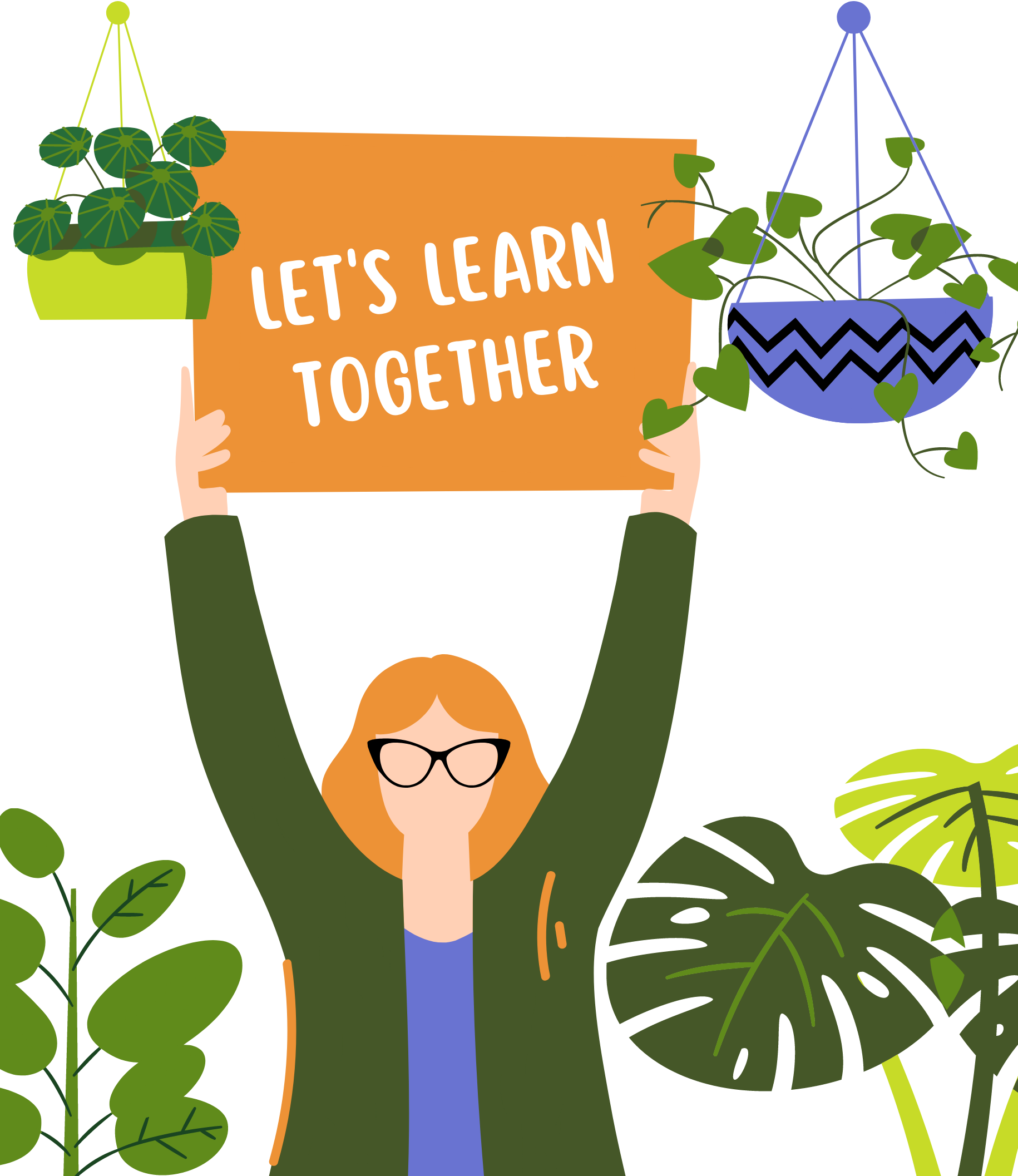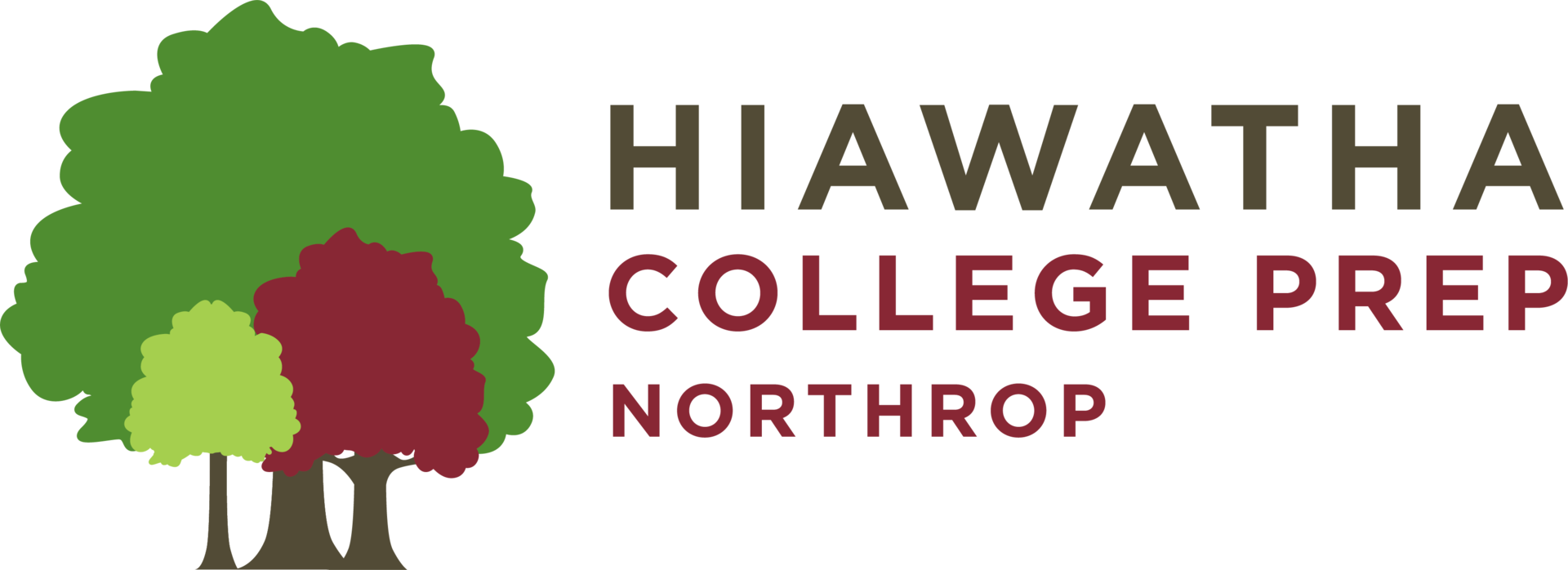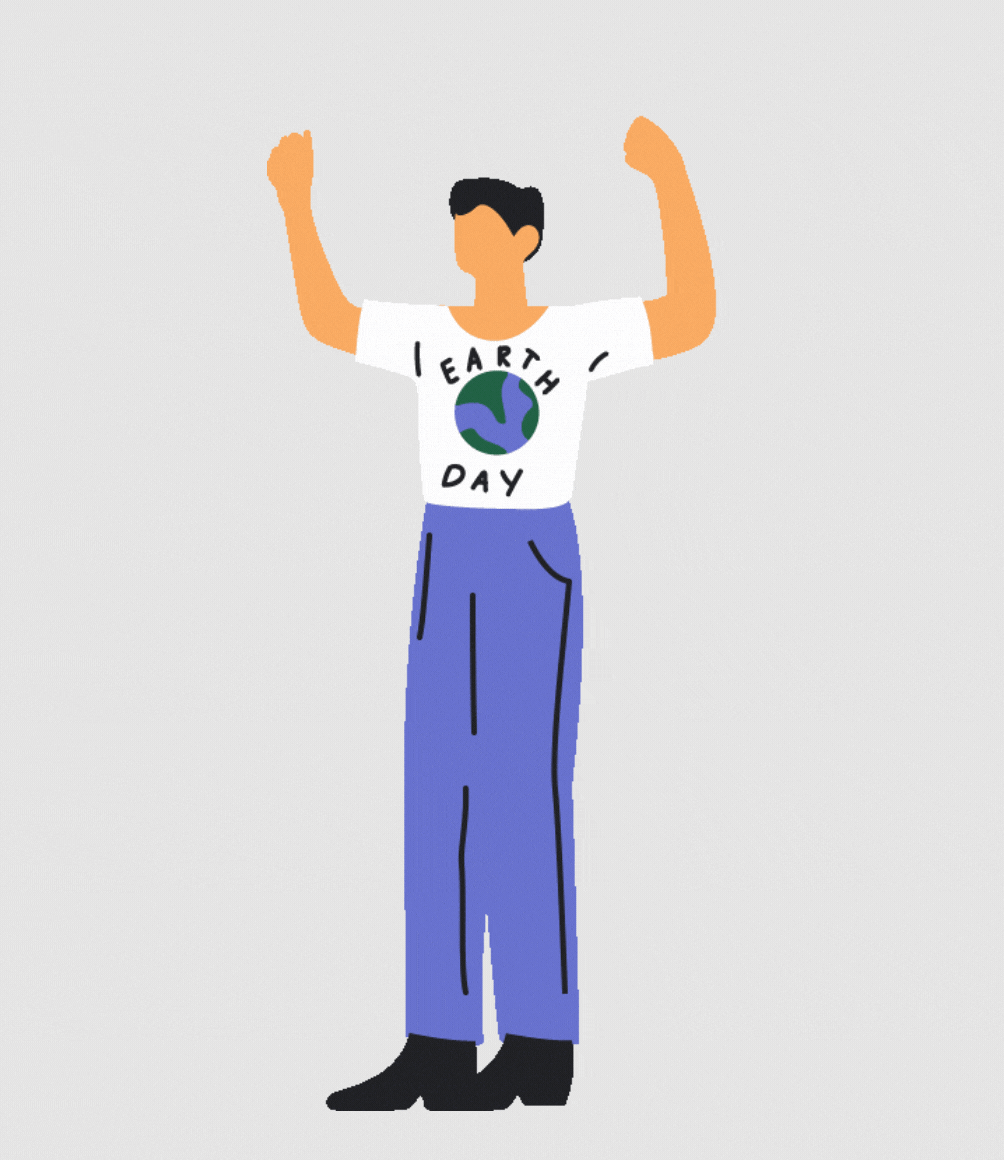
Conservation Club
Conservation Minnesota
What is Conservation?
This is a testConservation is the protection of animals, plants, and natural resources to prevent them from being lost or wasted.
What is Conservation Club?
Do you want to hang out with friends and figure out ways to better protect our Earth? In this afterschool club, you and other environmental advocates from our school will become conservation leaders in our community by selecting and designing a project that helps protect our Earth.
Conservation Club is a youth-led, empowering program that engages students in learning and leadership around conservation opportunities in their schools.
This FREE club is open to 5th, 6th, 7th, and 8th graders at the HCP-Northrop School. Interested students should return a permission form to Ms. Jaeger (paper or Google form). The club will meet Thursdays from 3 - 4:15pm, from February to May 31, 2022. All students must be picked up by 4:15pm on meeting days.
Questions? Contact Ms. Jaeger.
What is a Greenhouse Gas?
Greenhouse gases are gases in Earth’s atmosphere that trap heat. They let sunlight pass through the atmosphere, but they prevent the heat that the sunlight brings from leaving the atmosphere. The main greenhouse gases are Water vapor, Carbon dioxide, Methane, Ozone, Nitrous oxide, and Chlorofluorocarbons.
What is a Carbon Footprint?
A carbon footprint is the total amount of greenhouse gases (including carbon dioxide and methane) that are generated by our actions.
What are Invasive Species?
An invasive species is an organism that causes ecological harm in a new environment where it is not native. Invasive species can occur on land or in the water. They can be plants, animals, fungi, and insects. Some invasive species in Minnesota include zebra mussels, Eurasian watermilfoil, common buckthorn, and emerald ash borer.
